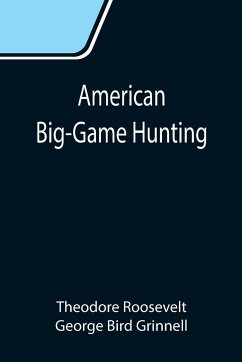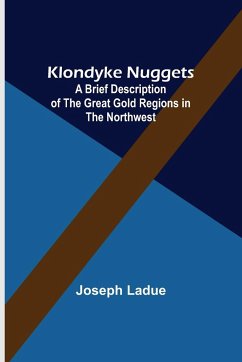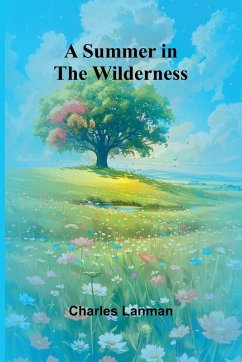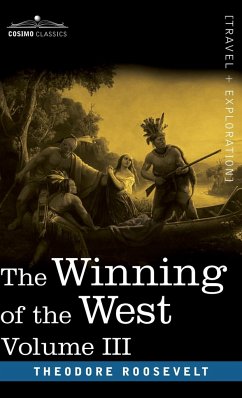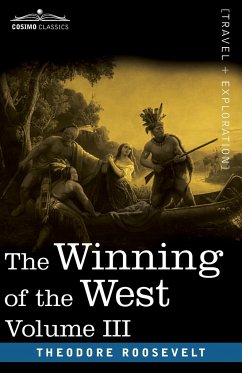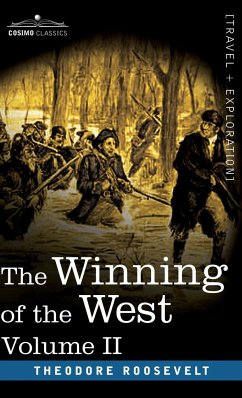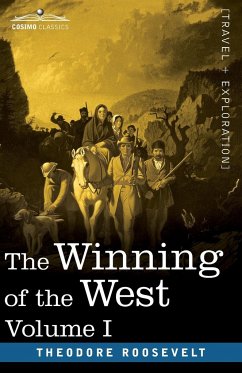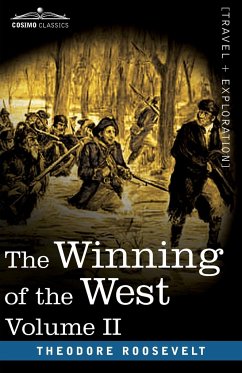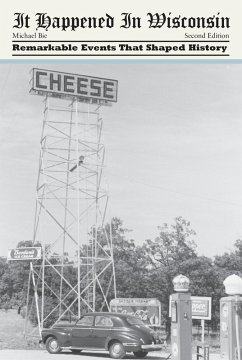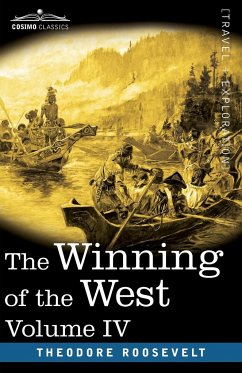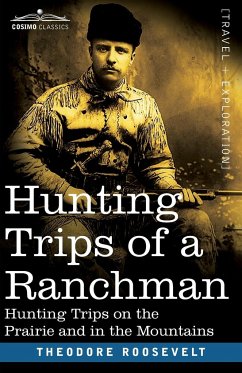
Hunting Trips of a Ranchman
Hunting Trips On The Prairie And In The Mountains
Versandkostenfrei!
Versandfertig in 1-2 Wochen
25,99 €
inkl. MwSt.
Weitere Ausgaben:

PAYBACK Punkte
13 °P sammeln!
------------------------------------------------------------------------------------------------------------------------------- "The cowboys form a class by themselves, and are now quite as typical representatives of the wilder side of Western life, as were a few years ago the skin-clad hunters and trappers. They are mostly of native birth, and although there are among them wild spirits from every land, yet the latter soon become undistinguishable from their American companions, for these plainsmen are far from being so heterogeneous a people as is commonly supposed." -Theodore Roosevelt, Hun...
------------------------------------------------------------------------------------------------------------------------------- "The cowboys form a class by themselves, and are now quite as typical representatives of the wilder side of Western life, as were a few years ago the skin-clad hunters and trappers. They are mostly of native birth, and although there are among them wild spirits from every land, yet the latter soon become undistinguishable from their American companions, for these plainsmen are far from being so heterogeneous a people as is commonly supposed." -Theodore Roosevelt, Hunting Trips of a Ranchman Hunting Trips of a Ranchman-Hunting Trips on The Prairie and in the Mountains (1882), written by Theodore Roosevelt before he became president, is about his time as a ranchman in the Dakota badlands and his hunting trips into the wilderness and the mountains. Roosevelt's vivid descriptions of the beauty of nature and the individualism of ranchmen and cowboys has become a classic of the West.





